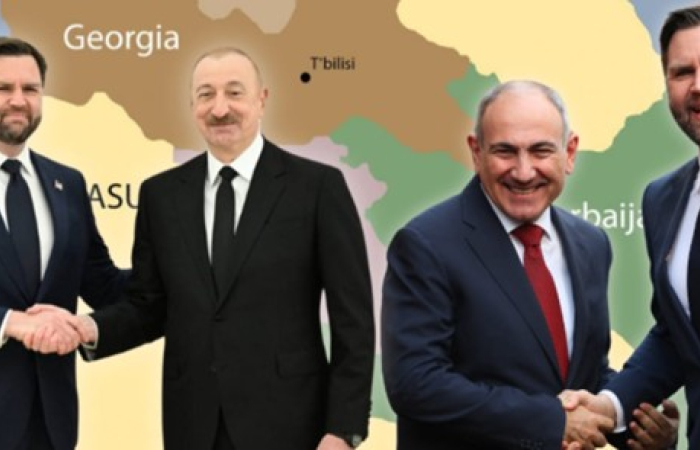Trending
The great American love-in in the South Caucasus has ended
11 February 2026
US Vice President J.D, Vance has ended his whirlwind visit to the South Caucasus having been in Armenia on Monday (9th February), and Azerbaijan on Tuesday (10th February).
It was a big success. Vance was on his best behavior, and went out of his way to be nice and complimentary to his hosts.
In Yerevan, the Vice President and Armenia’s Prime Minister Nikol Pashinyan signed a joint statement on the completion of negotiations on a 123 Agreement, which establishes a legally binding framework for peaceful nuclear cooperation between the U.S. and partner countries.
While in Azerbaijan, Vance and Azerbaijani President Ilham Aliyev signed a Strategic Partnership Charter between the U.S. and Azerbaijan that covers regional connectivity, economic investment, and security and defense issues.
The guests were happy, and the hosts were delighted.
Now it is time to put what was agreed in practice. That will be more challenging.




